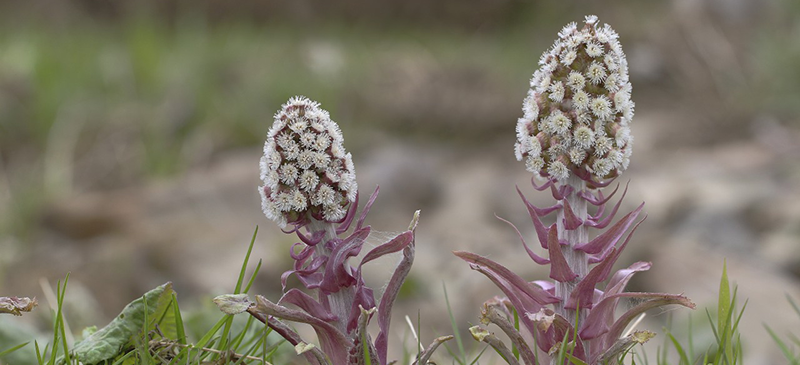Do Holistic and Herbal Remedies and Essential Oils Really Work for Allergies?

Some home remedies for allergies, including herbals, may help, with fewer side effects than OTC treatments. Here's what you should know.
When spring or fall allergies make breathing a chore and turn your nose into a dripping faucet, the obvious place to turn for relief is the allergy and sinus section of your local drugstore. Antihistamines, decongestants, and nasal sprays can all bring a respite from symptoms but sometimes at the expense of side effects like drowsiness and dry mouth.
If you’re looking for an alternative to traditional medicines, consider one of these home remedies for allergies. Some alternative therapies might control symptoms just as well as allergy medicines but with fewer side effects.
Herbal remedies
Butterbur
This shrub got its name from one of its early uses — wrapping butter to keep it fresh in warm weather. Butterbur can also block the body from producing substances involved in the inflammatory response to allergens, such as chemicals that trigger the nasal passages to swell.
One study found butterbur relieves hay fever symptoms as well as an antihistamine, without causing sleepiness. “Because butterbur does not cause the sort of drowsiness that is so often associated with other antihistamines it could be particularly useful for patients who cannot tolerate other therapies,” said lead author Andreas Schapowal of the Allergy Clinic in Landquart, Switzerland.
One downside — some people with ragweed allergies are also sensitive to butterbur. If you buy this supplement, look for products that have been processed to remove chemicals called pyrrolizidine alkaloids, which can cause organ damage.
Updated:
September 09, 2022
Reviewed By:
Janet O’Dell, RN